Is President Gustavo Petro's government seeking to turn the Ministry of Communications (MINTIC) into a media police force? The bill raises alarm bells ahead of the elections.

A bill filed by the Ministry of ICT on August 20 raised alarm in several sectors of Congress, which denounced an overreach of the ministry's functions, which would transform it into a media police force.
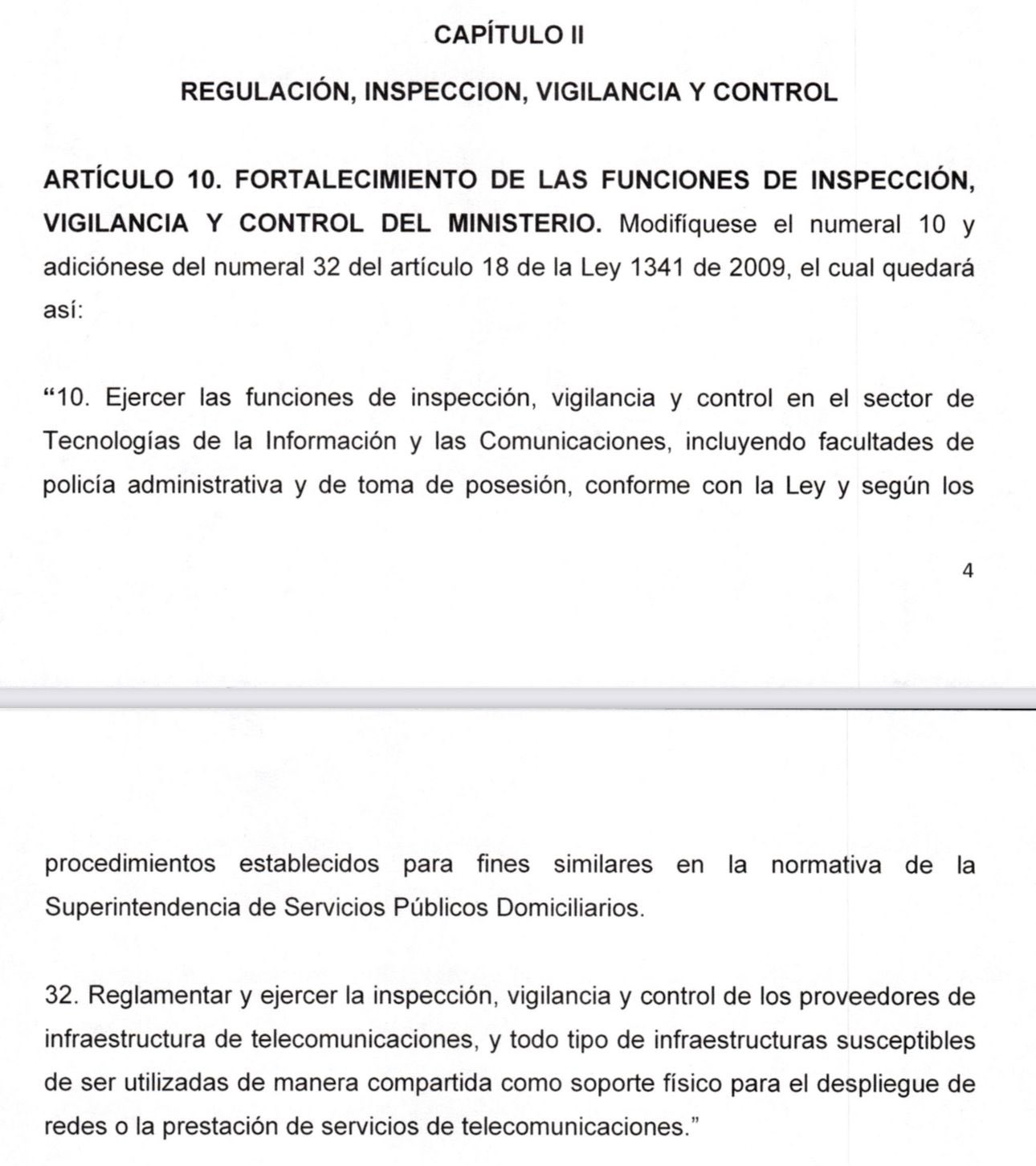
Article 10 of the initiative is controversial. Photo: Screenshot
The complaint was filed by Senator Paloma Valencia of the Democratic Center, who warned that, in the midst of an election year, the executive branch is seeking to exert control over the media.
Valencia specifically refers to Article 10, which speaks of "strengthening the Ministry's inspection, surveillance, and oversight functions."
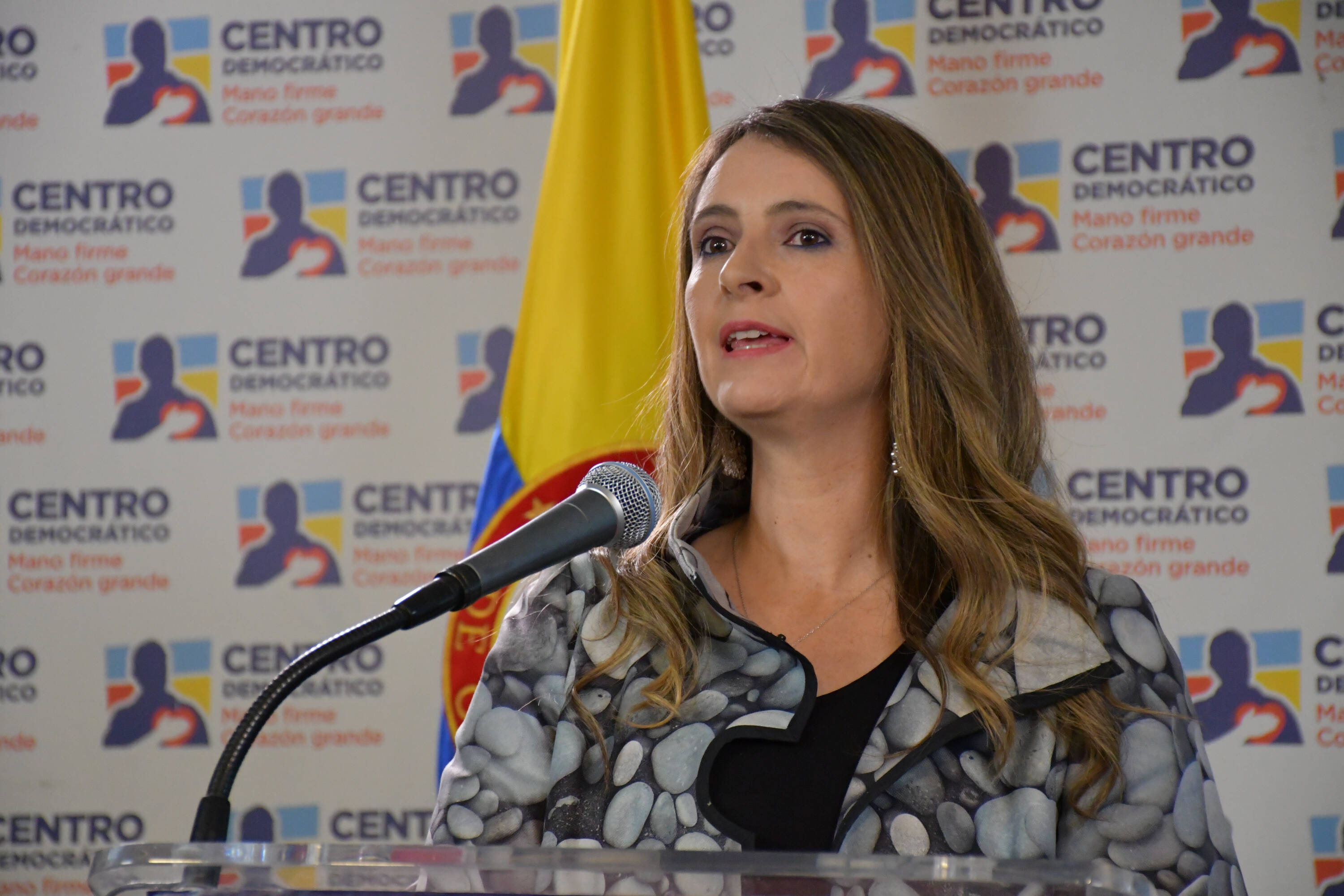
Democratic Center Senator Paloma Valencia. Photo: Democratic Center Press
The article stipulates that the Ministry of Industry, Trade, and Development (MINTIC) exercise "inspection, surveillance, and oversight functions in the information and communications technology sector, including administrative police powers and the taking of possession."
"What is the government seeking by granting the Ministry of Communications and Information (MINTIC) administrative police powers and the seizure of media outlets six months before the elections? This represents a direct threat to press freedom and an attack on media independence. Worse still, the criteria for using this power will be set by the government itself, which is blatantly unconstitutional. Only Congress can set these parameters," Senator Valencia asked.
The bill also has the support of congressmen from various sectors: Pedro Suárez Vaca, Pedro Flórez, Jhon Besaile, Jorge Eliécer Tamaño, Julio Elías Chagüi, Germán Blanco, María José Pizarro, Julián López, José David Name, Heráclito Landínez, Julio Elías Vidal, Clara López, Ana Paola García, Astrid Sánchez, Sandra Jaimes, Luis Carlos Ochoa, Soledad Tamayo, Eliécer Salazar, Dolcey Torres, Carlos Benavides, and Sonia Bernal. The majority are from the Historic Pact, but there are also signatures from the "U" party and even from conservative and liberal parties.
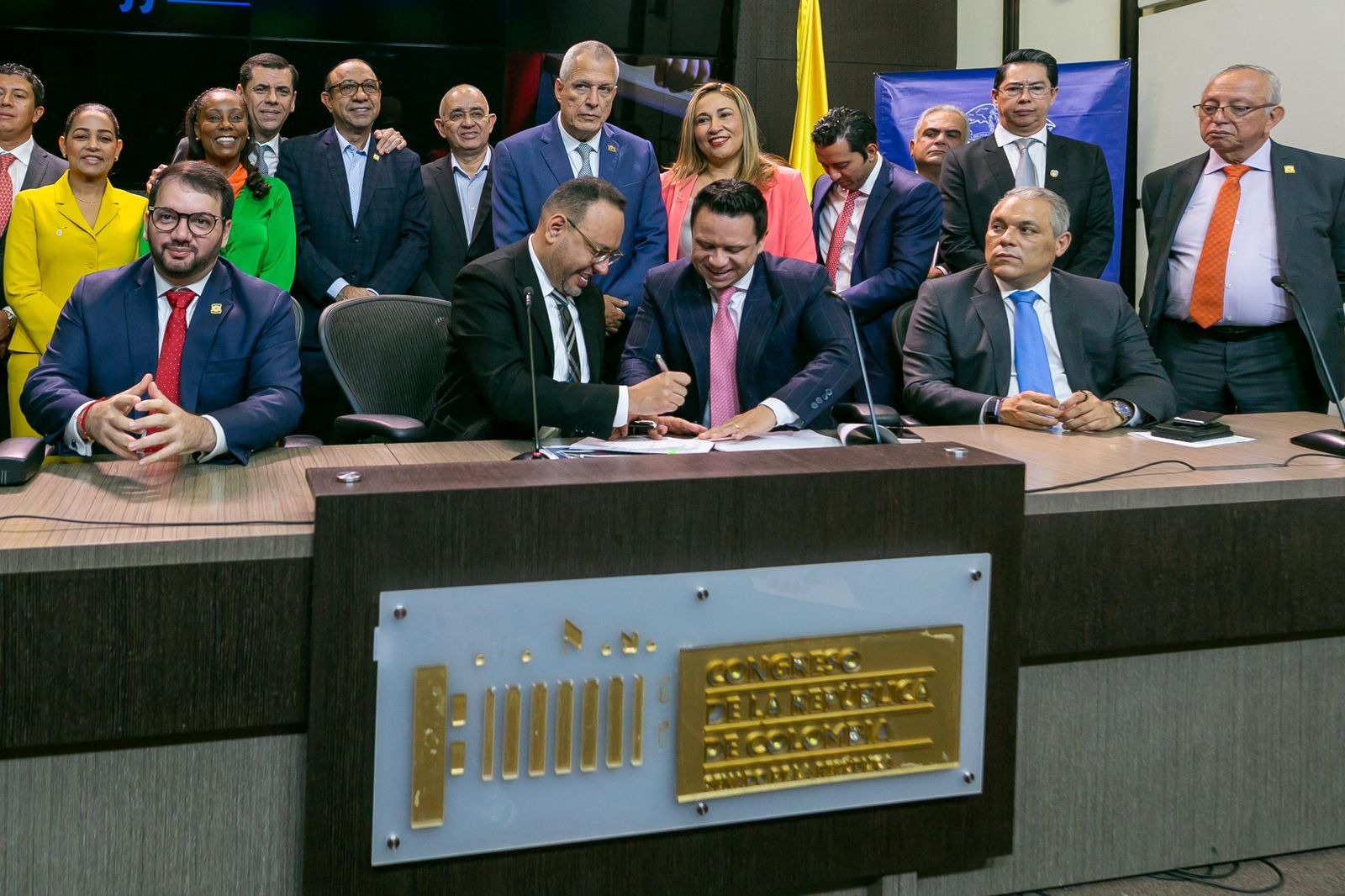
The Ministry of ICT filed the project. Photo: X Julián Molina
The government's own ICT Minister, Julián Molina, responded by denying that the bill, which seeks to develop the fundamental right of access to the internet, would become a media police force, as Valencia claims.
“False: In no case, and under no circumstances, does this article include the media or its content, nor will it. The law is expressly designed to protect the critical infrastructure that guarantees Colombians' right to access the internet. The bill falls within the powers already established in Law 142 to guarantee essential residential public services, such as the internet, which are currently outside this framework,” Molina asserted.

Julian Molina's office issued a legal ruling to revoke Channel One's concession. Photo: @JulianRMolinaG
But Valencia insists that the initiative, as drafted, proposes "inspection, surveillance, and oversight powers over the entire telecommunications sector, without distinction, which encompasses any company that uses the electromagnetic spectrum. This includes the media, which would be subject to government takeover."
"What's the point of pressuring the media during election time? Do they want to silence the voices that have denounced this government's corruption?" the opposition parliamentarian insisted.
For Víctor Muñoz, an expert in the ICT sector, this bill is worrying and, specifically regarding the article, warns that it lacks consistency with the rest of the text, since this point is not related to the fundamental right to the internet.
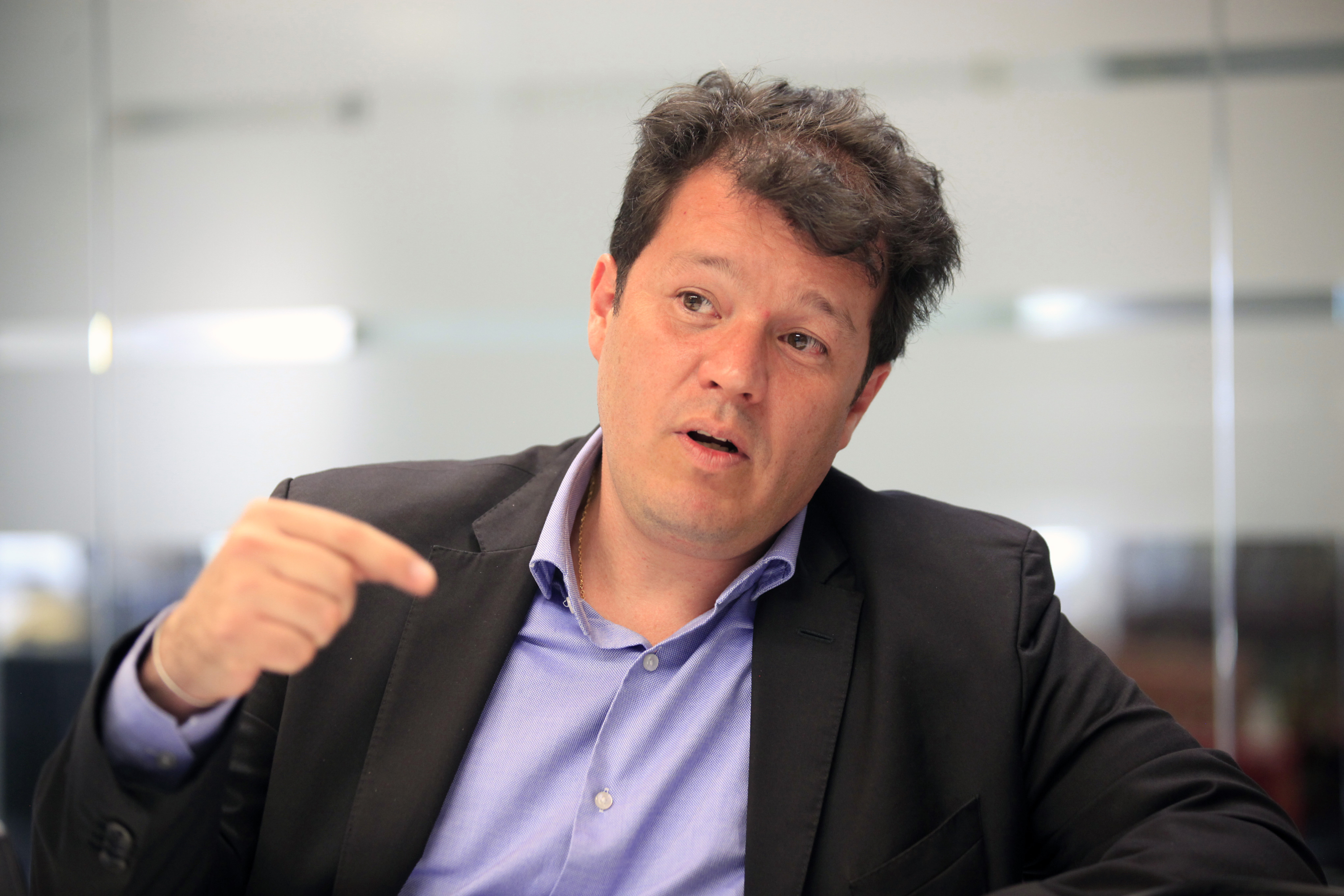
Victor Muñoz, former director of Dapre. Photo: César Melgarejo. EL TIEMPO
"That proposal, which is included as an article to grant itself the power to carry out an inauguration and act as an administrative police force and assume control of the media, has nothing to do with it," Muñoz asserted.
The expert added that inspection and oversight mechanisms already exist, under the leadership of the Communications Regulation Commission and the Superintendency of Industry and Commerce, so he considers it "strange that there is an attempt to replicate or take over these functions. There are no objective criteria for what is being called this takeover by the Ministry of ICT. That is unconstitutional."
This bill has not yet begun its legislative process and has not been referred to committee. In the midst of an election year, it is not expected to have much chance of being scheduled, especially given that the government is focusing on its social reforms, despite having fewer and fewer allies in Congress.
Other controversial media projects This isn't the first time the ruling party has introduced bills that have raised alarm bells in the media.
In October 2022, an initiative was being floated that supposedly sought to democratize the media. One of the most sensitive issues was the reallocation of the entire electromagnetic spectrum so that institutional, public, and private media would have equal shares. The goal was to give each sector 33.3 percent. However, the project has not made much progress.
You may be interested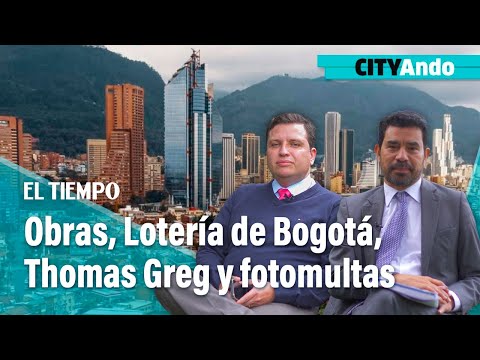
CITYAndo Photo:
eltiempo





